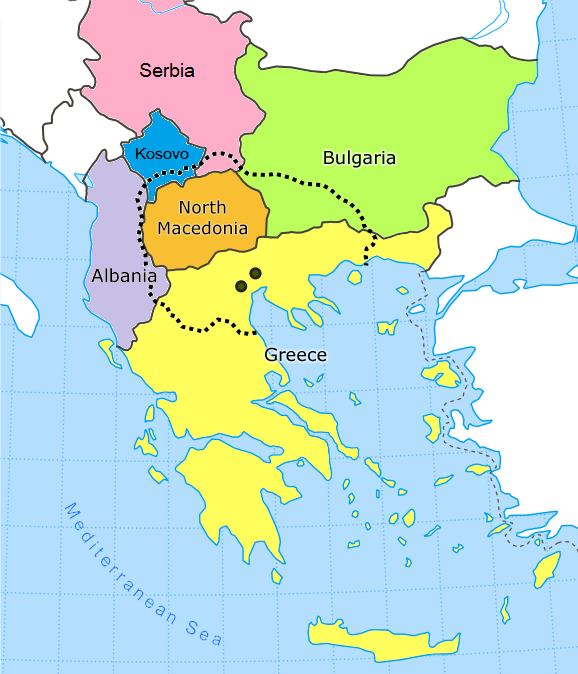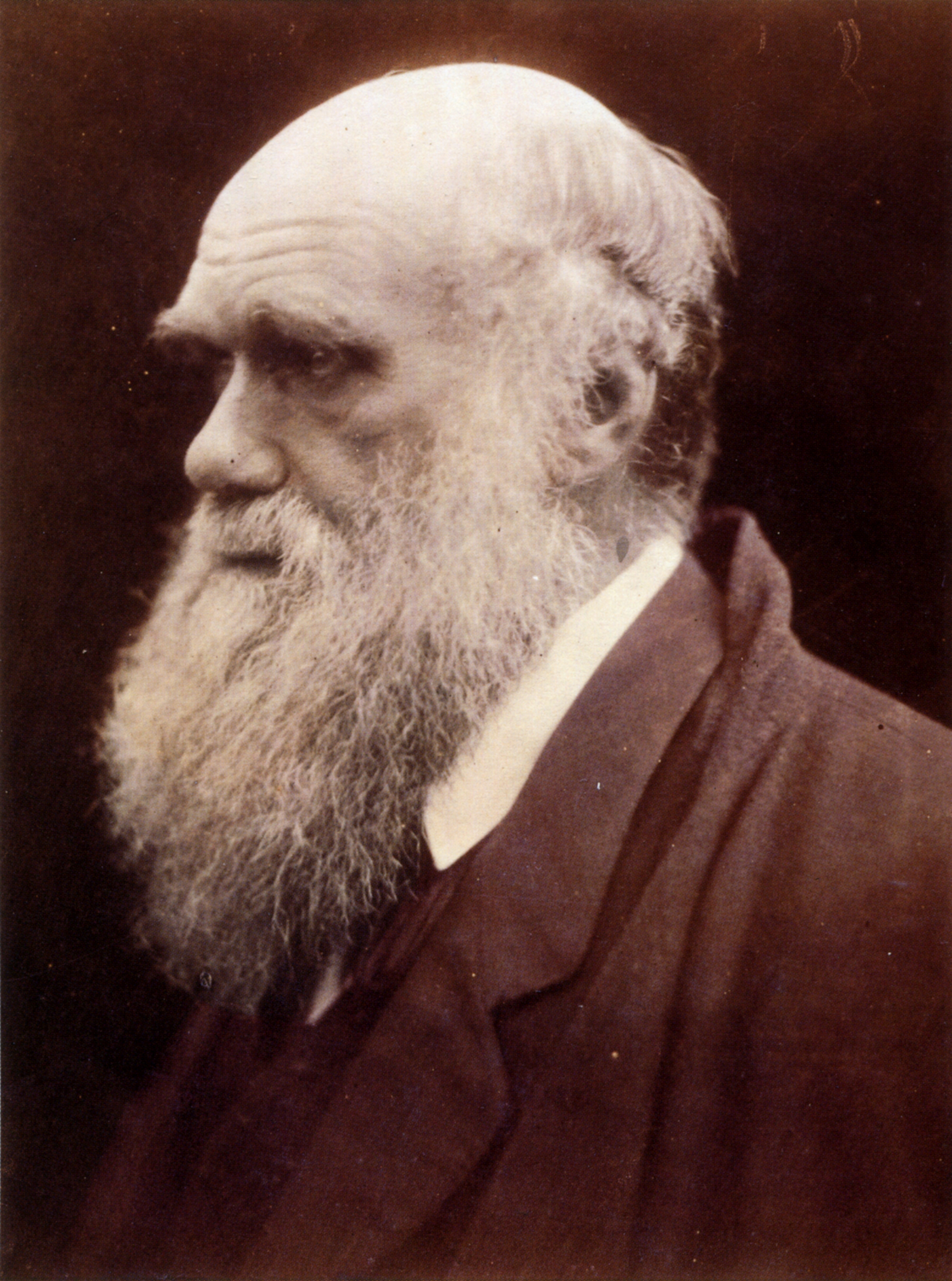|
Tihomir Đorđević
Tihomir Đorđević (Knjaževac, Principality of Serbia, 19 February 1868 — Belgrade, Kingdom of Yugoslavia, 28 May 1944) was a Serbian ethnologist, folklorist, cultural historian and professor at the University of Belgrade. Biography He received his B.A. in History and Philology at the ''Grandes écoles'' in Belgrade. He pursued his post-graduate studies in Vienna and Munich, where he received his doctorate in 1902. Among the Munich alumnae were Miloje Vasić, Veselin Čajkanović and Dragutin Anastasijević, his contemporaries. Đorđević's interests were very wide and varied, ranging from detailed analyzes of the folklife of Serbs through ethnographic research of the lives of other peoples in Serbia (Romani people, Vlachs "Vlach" ( or ), also "Wallachian" (and many other variants), is a historical term and exonym used from the Middle Ages until the Modern Era to designate mainly Romanians but also Aromanians, Megleno-Romanians, Istro-Romanians and other Easte ..., ... [...More Info...] [...Related Items...] OR: [Wikipedia] [Google] [Baidu] |
Vlachs
"Vlach" ( or ), also "Wallachian" (and many other variants), is a historical term and exonym used from the Middle Ages until the Modern Era to designate mainly Romanians but also Aromanians, Megleno-Romanians, Istro-Romanians and other Eastern Romance-speaking subgroups of Central and Eastern Europe. As a contemporary term, in the English language, the Vlachs are the Balkan Romance-speaking peoples who live south of the Danube in what are now southern Albania, Bulgaria, northern Greece, North Macedonia, and eastern Serbia as native ethnic groups, such as the Aromanians, Megleno-Romanians and the Timok Romanians. The term also became a synonym in the Balkans for the social category of shepherds, and was also used for non-Romance-speaking peoples, in recent times in the western Balkans derogatively. The term is also used to refer to the ethnographic group of Moravian Vlachs who speak a Slavic language but originate from Romanians. "Vlachs" were initially identified and de ... [...More Info...] [...Related Items...] OR: [Wikipedia] [Google] [Baidu] |
People From Knjaževac
A person ( : people) is a being that has certain capacities or attributes such as reason, morality, consciousness or self-consciousness, and being a part of a culturally established form of social relations such as kinship, ownership of property, or legal responsibility. The defining features of personhood and, consequently, what makes a person count as a person, differ widely among cultures and contexts. In addition to the question of personhood, of what makes a being count as a person to begin with, there are further questions about personal identity and self: both about what makes any particular person that particular person instead of another, and about what makes a person at one time the same person as they were or will be at another time despite any intervening changes. The plural form "people" is often used to refer to an entire nation or ethnic group (as in "a people"), and this was the original meaning of the word; it subsequently acquired its use as a plural form of p ... [...More Info...] [...Related Items...] OR: [Wikipedia] [Google] [Baidu] |
1944 Deaths
Events Below, the events of World War II have the "WWII" prefix. January * January 2 – WWII: ** Free French General Jean de Lattre de Tassigny is appointed to command French Army B, part of the Sixth United States Army Group in North Africa. ** Landing at Saidor: 13,000 US and Australian troops land on Papua New Guinea, in an attempt to cut off a Japanese retreat. * January 8 – WWII: Philippine Commonwealth troops enter the province of Ilocos Sur in northern Luzon and attack Japanese forces. * January 11 ** President of the United States Franklin D. Roosevelt proposes a Second Bill of Rights for social and economic security, in his State of the Union address. ** The Nazi German administration expands Kraków-Płaszów concentration camp into the larger standalone ''Konzentrationslager Plaszow bei Krakau'' in occupied Poland. * January 12 – WWII: Winston Churchill and Charles de Gaulle begin a 2-day conference in Marrakech. * January 14 – WWII: Sovi ... [...More Info...] [...Related Items...] OR: [Wikipedia] [Google] [Baidu] |
1868 Births
Events January–March * January 2 – British Expedition to Abyssinia: Robert Napier leads an expedition to free captive British officials and missionaries. * January 3 – The 15-year-old Mutsuhito, Emperor Meiji of Japan, declares the '' Meiji Restoration'', his own restoration to full power, under the influence of supporters from the Chōshū and Satsuma Domains, and against the supporters of the Tokugawa shogunate, triggering the Boshin War. * January 5 – Paraguayan War: Brazilian Army commander Luís Alves de Lima e Silva, Duke of Caxias enters Asunción, Paraguay's capital. Some days later he declares the war is over. Nevertheless, Francisco Solano López, Paraguay's president, prepares guerrillas to fight in the countryside. * January 7 – The Arkansas constitutional convention meets in Little Rock. * January 9 – Penal transportation from Britain to Australia ends, with arrival of the convict ship '' Hougoumont'' in Weste ... [...More Info...] [...Related Items...] OR: [Wikipedia] [Google] [Baidu] |
Ljubomir Davidović
Ljubomir Davidović (24 December 1863 – 19 February 1940) was a Yugoslav and Serbian politician who served as prime minister (1919–1920 and 1924) of the Kingdom of Serbs, Croats, and Slovenes (later called Yugoslavia). Biography Davidović was born in a village in the Kosmaj Oblast. He graduated from the science and mathematics department of the College of Arts and Sciences of the Velika škola in Belgrade. In 1901, he became a member of the Serbian Parliament and played a part in founding the Independent Radical Party, whose leader he eventually became in 1912. He was Minister of Education in 1904; President of the Municipality of Belgrade; and President of the National Assembly in 1909. Between 1914 and 1917, he was minister of education in the cabinet under Nikola Pašić. The next year, he became the leader of another newly founded party, the Democratic Party. As such, he was prime minister in the coalition of Democrats and Socialists between 1919 and 1920. He b ... [...More Info...] [...Related Items...] OR: [Wikipedia] [Google] [Baidu] |
Jovan Erdeljanović
Jovan Erdeljanović (11 November 1874 – 12 February 1944) was a Serbian and Yugoslav ethnologist. Biography Jovan Erdeljanović was born in Pančevo, Austria-Hungary. He studied at the universities of Vienna, Berlin, Leipzig and Prague. In 1905 he obtained his doctorate as Doctor of Philosophy at Charles University in Prague. In 1906, Erdeljanović began working at the University of Belgrade, elected Professor at Department of Ethnology of the philosophical Faculty since 1922. He remained at the University until 1941 and was member of Serbian Academy of Sciences. The first recognized work of anthropological interest in ethnicity was done by Erdeljanović, named as one of the founding fathers of Serbian ethnology. His works are influenced by ideas of evolutionism and Yugoslavism and he represented the theory that Yugoslavs are people of one blood and one origin. Selected works *''Etnološka građa i rasprave'', Srpska kraljevska akademija, Belgrade 1911. * ''Tragovi najstarije ... [...More Info...] [...Related Items...] OR: [Wikipedia] [Google] [Baidu] |
Sima Trojanović
Sima Trojanović (Šabac, Serbia, 2 February 1862 – Belgrade, Kingdom of Yugoslavia, 21 November 1935) was a Serbian ethnologist and the first university-trained anthropologist, director of the Ethnographic Museum, Belgrade, university professor in Skopje and member of the Serbian Academy of Sciences and Arts. Biography Sima Trojanović was born in Šabac in 1862 to a merchant family. His father was originally from Bitola, and his mother from Srem. He finished high school in Šabac and Vinkovci. He graduated from universities in Switzerland and in Germany, where he studied natural sciences. He defended his doctoral dissertation at the University of Heidelberg on 4 August 1885, majoring in biology and anthropology. He started working as a teacher of German in a Grammar School in Čačak in 1886. After that he moved to Loznica, and from 1894 taught there at a gymnasium. In 1898 he received government travel stipend to study ethnology and physical anthropology in Vienna, Munic ... [...More Info...] [...Related Items...] OR: [Wikipedia] [Google] [Baidu] |
Macedonia - Tihomir R
Macedonia most commonly refers to: * North Macedonia, a country in southeastern Europe, known until 2019 as the Republic of Macedonia * Macedonia (ancient kingdom), a kingdom in Greek antiquity * Macedonia (Greece), a traditional geographic region spanning three administrative divisions of northern Greece * Macedonia (region), a geographic and historical region that today includes parts of six Balkan countries (see map) Macedonia, Makedonia, Makedonija, or Makedoniya may also refer to: Other historical entities * Achaemenid Macedonia, a satrapy of Achaemenid Empire * Macedonia (Roman province), a province of the early Roman Empire * Diocese of Macedonia, a late Roman administrative unit * Macedonia (theme), a province of the Byzantine Empire * Independent Macedonia (1944), a proposed puppet state of the Axis powers (1944) * Socialist Republic of Macedonia, a part of the former Yugoslavia (1945–1991) and a predecessor of North Macedonia Other geographical uses Within the reg ... [...More Info...] [...Related Items...] OR: [Wikipedia] [Google] [Baidu] |
Serbian Royal Academy Of Sciences
The Serbian Academy of Sciences and Arts ( la, Academia Scientiarum et Artium Serbica, sr-Cyr, Српска академија наука и уметности, САНУ, Srpska akademija nauka i umetnosti, SANU) is a national academy and the most prominent academic institution in Serbia, founded in 1841 as Society of Serbian Letters ( sr, link=no, Друштво србске словесности, ДСС, Društvo srbske slovesnosti, DSS). The Academy's membership has included Nobel laureates Ivo Andrić, Leopold Ružička, Vladimir Prelog, Glenn T. Seaborg, Mikhail Sholokhov, Aleksandr Solzhenitsyn, and Peter Handke as well as, Josif Pančić, Jovan Cvijić, Branislav Petronijević, Vlaho Bukovac, Mihajlo Pupin, Nikola Tesla, Milutin Milanković, Mihailo Petrović-Alas, Mehmed Meša Selimović, Danilo Kiš, Dmitri Mendeleev, Victor Hugo, Leo Tolstoy, Jacob Grimm, Antonín Dvořák, Henry Moore and many other scientists, scholars and artists of Serbian and foreign origin. ... [...More Info...] [...Related Items...] OR: [Wikipedia] [Google] [Baidu] |
Žagubica
Žagubica ( sr-cyr, Жагубица, ; ro, Jagubița or ) is a village and municipality located in the Braničevo District of the eastern Serbia. It is situated in the geographical region of Homolje. In 2011, the population of the village is 2,584, while population of the municipality is 12,737. Name In Serbian, the village is known as ''Žagubica'' or ''Жагубица'', and in Romanian as ''Jagubița'', ''Jăgobița'' or ''Iaguba''. Geography The municipality of Žagubica is located between municipalities of Kučevo and Majdanpek in the north, municipality of Bor in the east, municipality of Despotovac in the south, and municipality of Petrovac in the west. History By 1836, the craft shops were numerous. That year, there were 23 cloth tailors (''abadžija'') in Žagubica and its vicinity, 20 blacksmiths, and a number of furriers (''ćurčija''), tinsmiths, coppersmiths, gunsmiths, coopers. As the trade developed with so many craftsmen, in the 1840s first prope ... [...More Info...] [...Related Items...] OR: [Wikipedia] [Google] [Baidu] |
Paleoanthropology
Paleoanthropology or paleo-anthropology is a branch of paleontology and anthropology which seeks to understand the early development of anatomically modern humans, a process known as hominization, through the reconstruction of evolutionary kinship lines within the family Hominidae, working from biological evidence (such as petrified skeletal remains, bone fragments, footprints) and cultural evidence (such as stone tools, artifacts, and settlement localities). The field draws from and combines primatology, paleontology, biological anthropology, and cultural anthropology. As technologies and methods advance, genetics plays an ever-increasing role, in particular to examine and compare DNA structure as a vital tool of research of the evolutionary kinship lines of related species and genera. Etymology The term paleoanthropology derives from Greek palaiós (παλαιός) "old, ancient", ánthrōpos (ἄνθρωπος) "man, human" and the suffix -logía (-λογία) "study of". Ho ... [...More Info...] [...Related Items...] OR: [Wikipedia] [Google] [Baidu] |

_1938.jpg)




